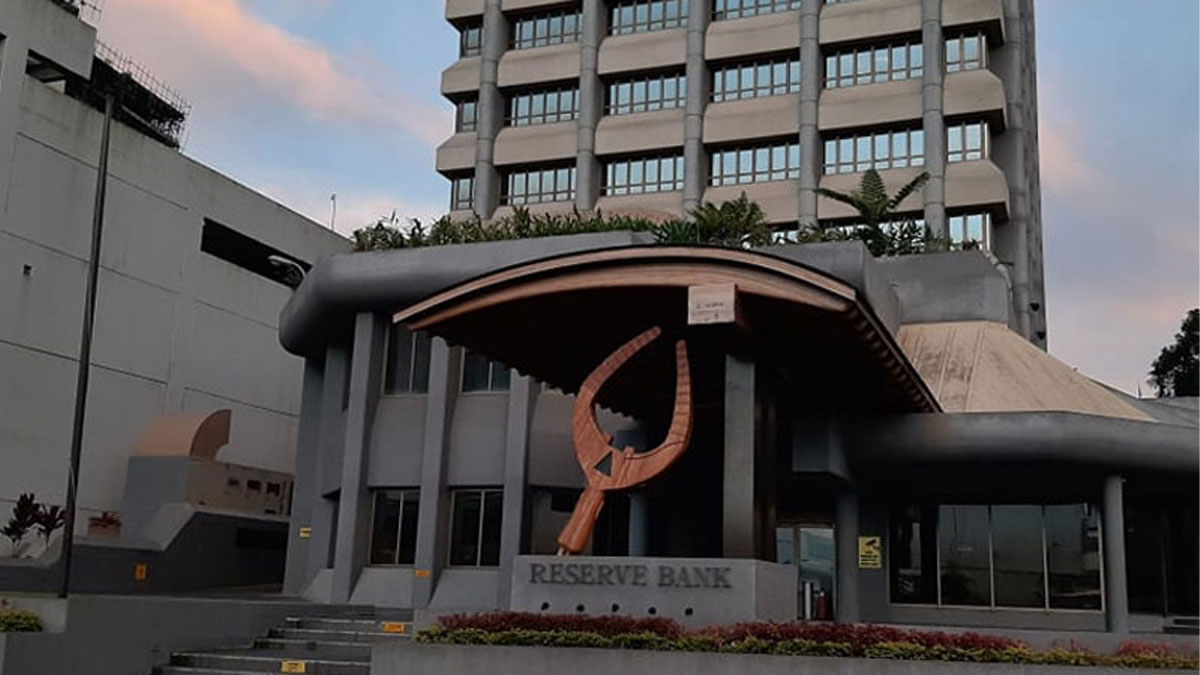
As inflation is expected to be around 6 percent by the end of this year from the 2.8 percent expected before the 2022-2023 National Budget announcement, the Reserve Bank of Fiji says people should anticipate a reduction in savings deposits and discretionary spending, which may indirectly impact on their ability to repay loans held with licensed financial institutions.
According to the RBF's Financial Stability Review, the rise in VAT rate and excise duty is expected to increase the price of goods and services and exert upward pressure on inflation.
They say while the reduction in duty on a range of food products is expected to drive consumption of these items, economic activity and new consumption lending, these benefits may only be realised if the duty concessions are passed on to consumers.
The central bank says in addition to the increase in the Corporate Income Tax rate from 20 to 25 percent, the government also imposed a 3 percent fiscal duty on selected imported goods, removed particular concession codes on duty-free importation, increased domestic excise duty on alcohol, tobacco, carbonated or sugar-sweetened beverages, introduced new excise duty on snacks and drinks and increased airport departure tax.
They say the rise in Corporate Income Tax rate is expected to increase the cost of doing business, which may affect the volume of sales of local businesses and their bottom line.
The RBF says potentially, these added costs may be passed on indirectly to consumers, reducing households’ purchasing power as prices rise, and affecting their debt servicing capacity.
They say while the imposition of a 3 percent fiscal duty and removal of particular concession codes on duty-free importation will help the government collect much-needed revenue of around $35 million, the removal of these few customs concessions is expected to increase the price of goods and services, which adds to inflation and weigh heavily on consumption activity and new lending.
They say following these changes, Fiji’s import bill is also anticipated to increase, which may also impact foreign reserve levels.
The Reserve Bank also says that although the reduction in fiscal duty and import excise duty on sheep/lamb meat, ducks, corned beef, corned mutton, canned mackerel, canned tomatoes and chicken portions is expected to augur well for the household sector, this would be dependent on these benefits being passed on to consumers.
They say sectors that will be directly impacted as a result of these policy changes are manufacturing, wholesale, retail, hotels and restaurant, transport and storage, mining and communication.
They further say increase in airport departure tax and domestic excise duty on alcohol, tobacco and carbonated or sugar-sweetened beverages will directly impact the tourism industry, harming Fiji’s competitiveness relative to other tropical destinations.
The RBF says this may impact our visitor arrivals and tourism earnings, which has a direct bearing on foreign reserve levels.
They, however say foreign reserves remained adequate at $3.566 billion as at 29th September, 2023, sufficient to cover 6.3 months of retained imports of goods and non-factor services.
Increase in VAT from 9 percent to 15 percent while maintaining zero rated VAT on 21 basic items with the addition of prescribed medicines to the zero-rate list is expected to increase net VAT collections to around $445.6 million.
Stay tuned for the latest news on our radio stations

